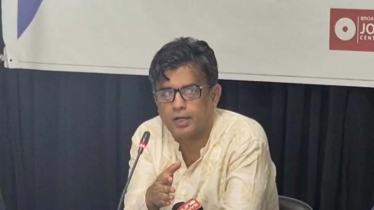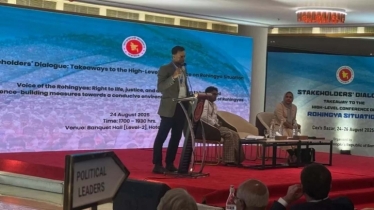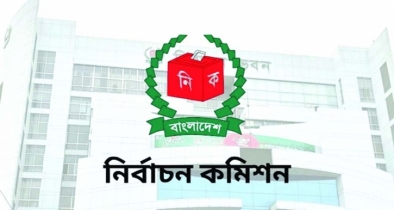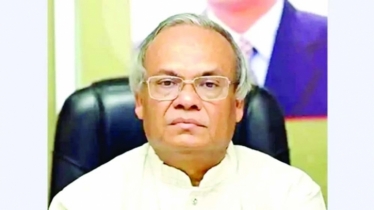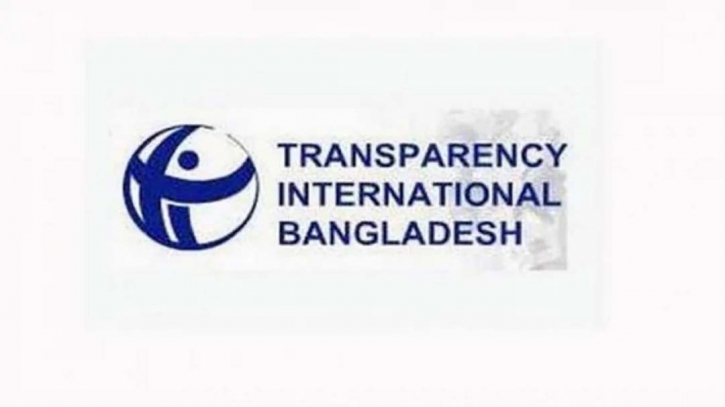
Transparency International Bangladesh (TIB) has said some leaders and activists of certain political parties are increasingly displaying a worrying pattern of power abuse, with a mindset of “now it is our turn.”
Since the fall of authoritarianism, this has manifested in widespread factionalism, extortion, illegal occupation, plundering of state resources, "trading" over lawsuits, arrests, bail, party tags, and violence over spreading party influence, an ominous sign for the envisioned political settlement in the “New Bangladesh," it said.
TIB added that now is the time for political parties to self-reflect on establishing internal democratic practices, ethics, and accountable political conduct. While reforms are publicly touted, the ongoing culture of dominance, illegal occupation, and extortion is undermining the public aspiration to build a democratic “New Bangladesh.” Despite the opportunity for fundamental political change created by the fall of authoritarianism, the power-abusing “now it’s our turn” mentality among some party leaders and activists is creating self-defeating barriers to the development of a healthy political culture free from criminalization.
In a statement on Sunday, TIB Executive Director Dr Iftekharuzzaman said: “Over the last year, following the fall of the authoritarian regime, the actions of some leaders and activists of the country’s most influential political parties have emerged as a reflection of the multi-faceted misuse of power and self-serving practices that characterized the fallen regime. In some instances, direct actions or even mutual collusion among power-seeking and influential party members have normalized these politically aggressive activities.
"Alarmingly, in many instances, even the fallen political forces remain passively involved in such collusive practices. Traditional partisan practices, illegal occupations, and the trading over political positions have intensified, and some local-level party clashes have even escalated to rare instances of strikes. Often, the assertion of demands has been accompanied by coercion, and the involvement of certain religiously motivated political groups, or excessively empowered isolated forces, under the guise of mob rule, has led to violations of the rights of minorities, women, indigenous and marginalized communities, including brutal attacks against efforts to establish women’s rights and assaults on traditional and cultural practices—horrible experiences that the nation has been forced to witness.”
On the other hand, highlighting the irresponsibility of certain leaders of the relevant political parties, their aggressive pursuit of self-interest, and the alarming gaps in internal accountability and control mechanisms, TIB’s executive director further stated: “Although some high-level warnings and a significant number of organizational measures have been taken within the parties, in practice, law enforcement agencies and the administration continue to fail and often play a supportive or protective role for these actors.
"At the same time, the parties have not adopted any clear strategies for prevention or corrective action. Rather, at the district, upazila, and union levels, many local leaders and activists have engaged in illegal occupation, extortion, and the expansion of political influence immediately following the fall of the authoritarian government, and the intensity of these activities continues to rise. By embracing the culture of “now it’s our turn,” not only the political parties but also the government— particularly the administration and law enforcement agencies—have repeatedly failed to exercise control at the local level while, at the same time, inadvertently participating as collaborators. The resurgence of extortion and illegal occupation of transport terminals, mineral resources, bridges, markets, and water bodies also perpetuates the continuation of misrule reminiscent of past authoritarian regime. Even the new political parties that emerged from the anti-discrimination movement, which promised to represent good governance, transparency, and a corruption-free political culture, have seen some of their activists engage in extortion and various irregularities, effectively adopting the existing self-serving and corrupt political practices as their role model, thereby choosing a self-defeating path.”

